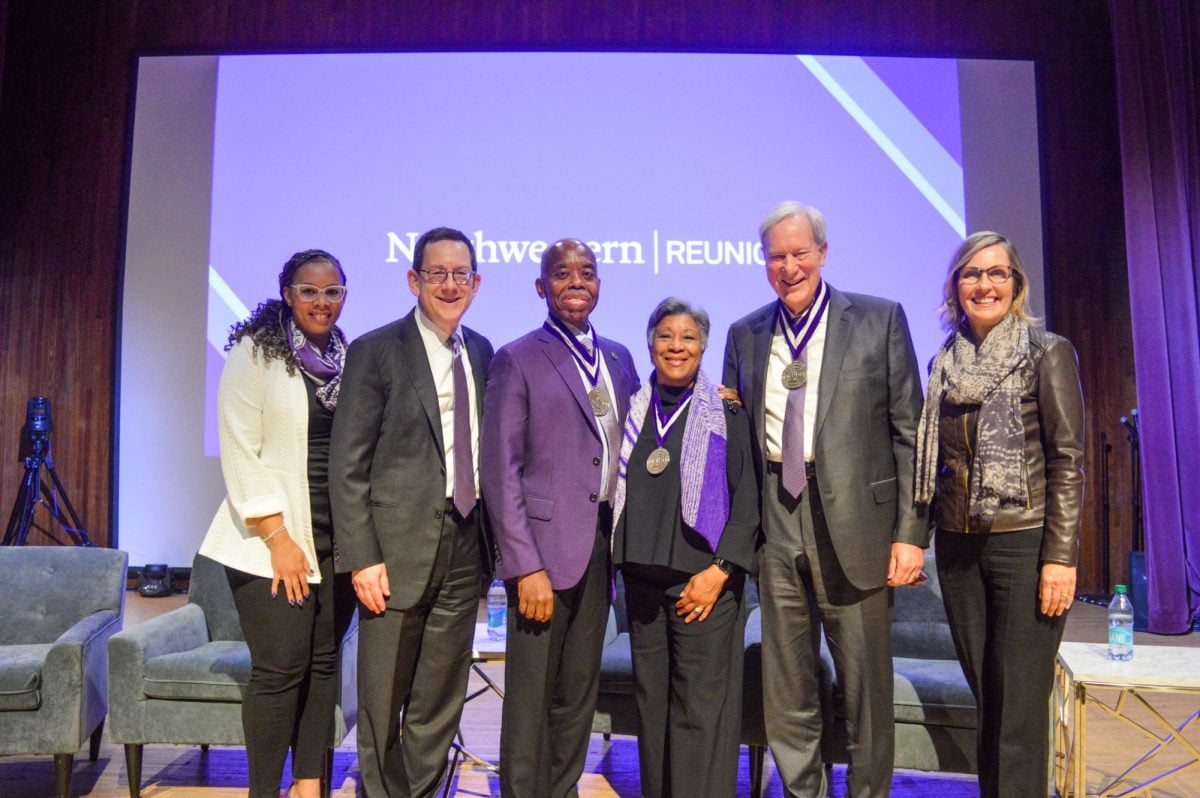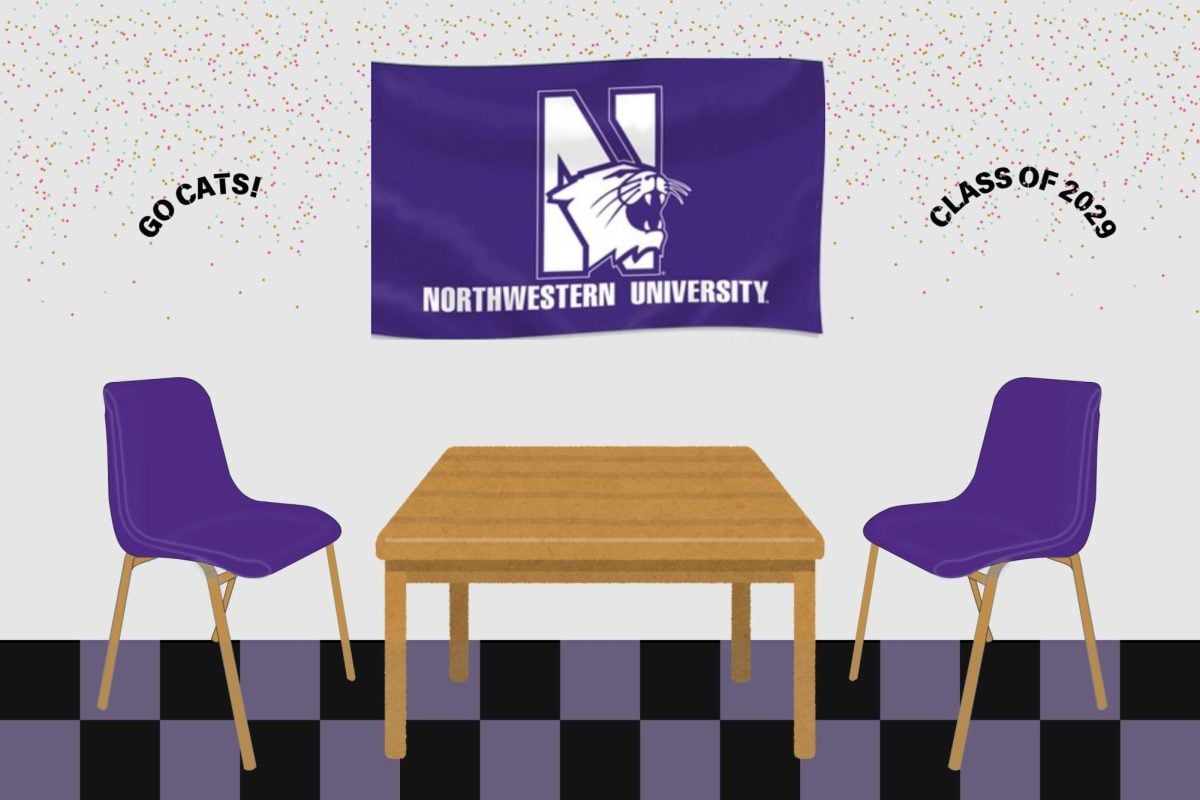Two Northwestern professors specializing in nanotechnology research were recognized in a special March issue of National Geographic.
Chemistry professors Chad Mirkin and Mark Ratner were praised separately for their pioneering work in the growing field of nanotechnology in the issue, titled “100 Scientific Discoveries That Changed The World.” The issue featured 100 “inspiring technologies that forever altered our future” and “fascinating ideas that reflect the cutting-edge thinking of today, ” including evolution and the Internet.
Lisa Fredin, a graduate student who works with Ratner, said National Geographic helps put scientific research in the general public’s eye.
“The good thing about something like National Geographic is that it has a wider audience than just the scientific community,” she said. “Hopefully it helps not only the science to get seen by people on the outside and for them to realize what we’re doing, but it also helps the University.”
Mirkin was featured for his research in dip-pen nanolithography, which he began in 1999.
“Today’s cell phones, computers and GPS systems would not be as compact as they are without the technique known as nanolithography, one branch of the revolutionary science of nanotechnology,” the article said.
According to the article, nanolithography is used to create smaller circuit boards by manipulating the boards’ components on an atomic level. This development has contributed to the smaller computers that are necessary in mobile devices.
Joshua Cutler, a graduate student assisting Mirkin, said the work his group is doing is important for creating low-cost tools for other researchers.
“It’s being able to give scientists the ability to make these features easily without being Intel,” he said. “These are important for understanding how materials behave when they’re at the nano scale.”
Cutler praised Mirkin for his relentless work ethic.
“The second you tell him, ‘I discovered this thing, I think that this idea is working,’ he immediately gets extremely excited about it and he pushes very hard to get new results,” he said. “At the same time he’s very insightful and creative and always finds a way to figure out how a small observation can lead to new pathways and new exciting ideas that have a broad impact.”
Ratner was recognized in the issue for his work in molecular electronics, the use of molecular components to build electronic devices.
“Many researchers are working to replace semiconductors in all of their applications with molecular electronic switches,” the article said. “Some companies are poised to deliver such switches to computer and electronic-device manufacturers.”
One benefit of molecular electronics over semiconductors is their smaller size.
Fredin said Ratner’s strengths lie in building talented teams.
“One of the best things about working with Mark is working with all the people in our group that are really talented at their individual thing and then being able to bring all those talents together in a new way that they wouldn’t be able to with someone else,” she said.






